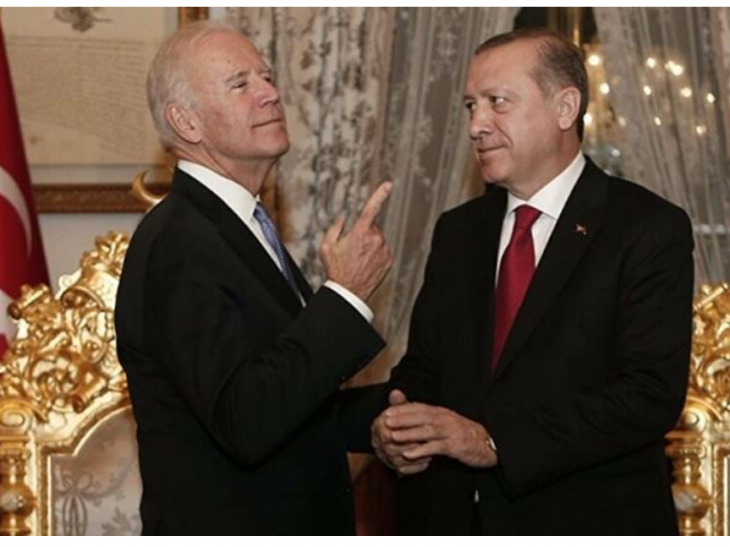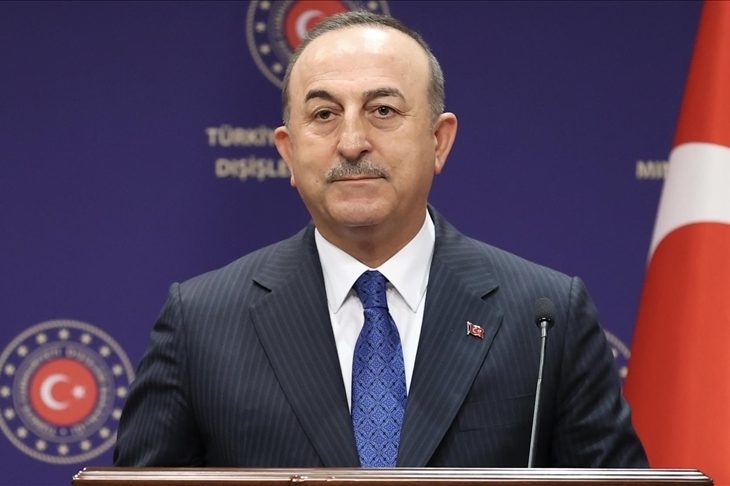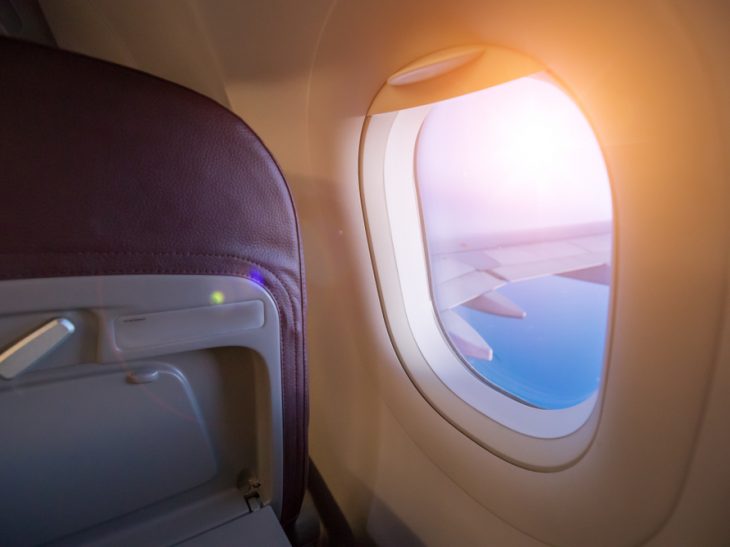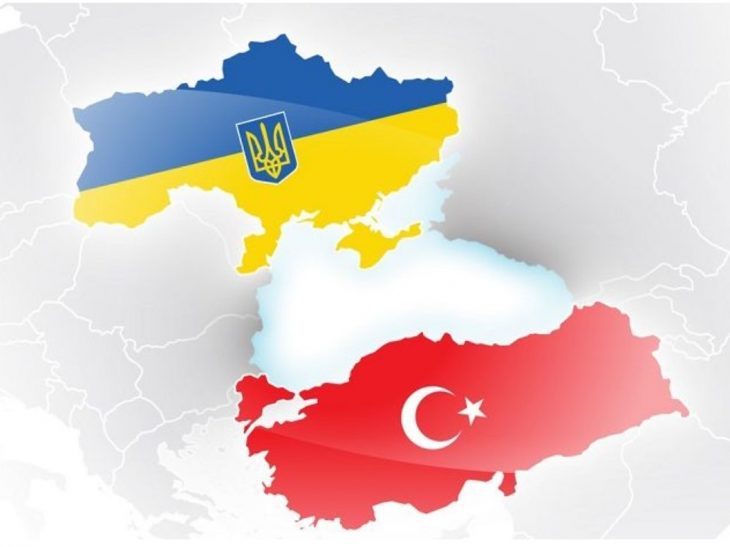‘No progress’ as top Russia, Ukraine diplomats talk in Turkey
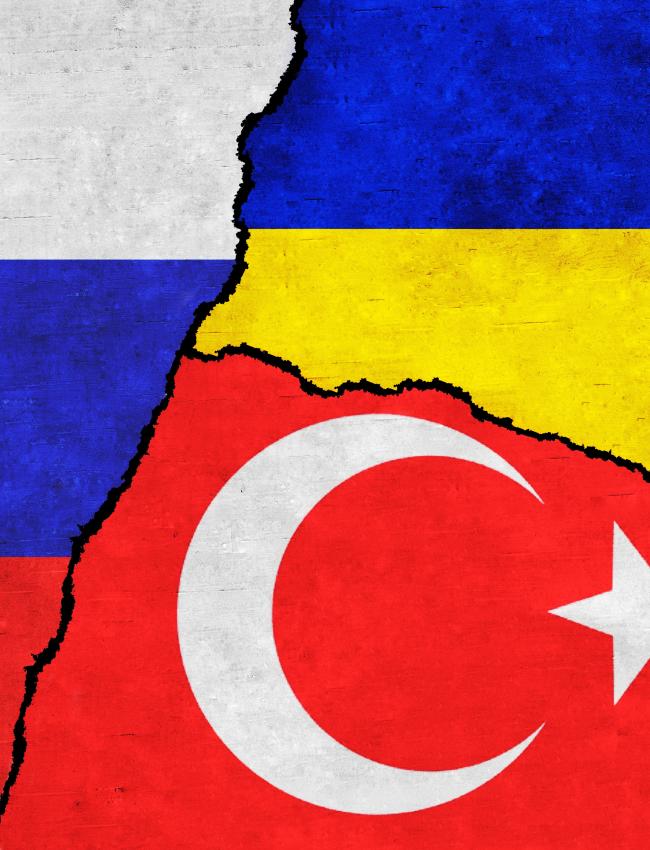 Turkey Ukraine Russia
Turkey Ukraine Russia
“It seems that there are other decision-makers for this matter in Russia,” Kuleba added in apparent reference to the Kremlin.
He described the meeting as “difficult” and accused Lavrov of bringing “traditional narratives” to the table. “I want to repeat that Ukraine has not surrendered, does not surrender, and will not surrender,” said Kuleba.Tried ‘diplomatic means’
Lavrov, meanwhile, said Russia wants to continue negotiations with Ukraine and President Vladimir Putin would not refuse a meeting with his Ukrainian counterpart Volodymyr Zelenskyy to discuss “specific” issues.Lavrov said Russia would not have started the conflict in Ukraine if the West had not rejected “our proposal on security guarantees“.
“Until the end, we wanted to resolve the situation in Ukraine through diplomatic means,” he said. Western nations were behaving dangerously over Ukraine, and Russia’s “special military operation” there was going according to plan, he added. The Russian foreign minister said he did not believe the standoff with the West over Ukraine would lead to nuclear war.“I don’t want to believe, and I do not believe, that a nuclear war could start,” he told a news conference.
Russia had never used its oil and gas as weapons and it will always have markets for its energy exports, added Lavrov. “We will come out of this crisis with refreshed views of the world – with no illusions about the West. We will try to never again be dependent on the West,” he said. Officials from Kyiv and Moscow have held several rounds of discussions, but the meeting in the southern city of Antalya marked the first time Russia sent a minister for discussions on the crisis.Cavusoglu has said the aim of the meeting was to pave the way for a meeting between the Russian and Ukrainian presidents, which would be facilitated by Turkey’s president.
Kuleba said earlier his team will be “pressing for the maximum”. “I will demand a ceasefire to liberate our territories, and of course to resolve the humanitarian issues, or rather catastrophes created by the Russian military,” he said.Moscow has said Ukraine must meet all of its demands – including that Kyiv takes a neutral position and drops aspirations of joining the NATO alliance – before an end of its assault.
It was the first trip abroad for Lavrov since Russia was isolated by the Western world with biting sanctions that have also targeted Putin’s long-serving top diplomat. Bringing Lavrov and Kuleba together marks “a step forward” and could escalate diplomacy at higher levels in Moscow, said Mustafa Aydin, professor at Kadir Has University in Istanbul. “Russia is not yet close to entertaining peace, though it is slowly changing its stance,” Aydin said. “Its initially uncompromising posture is slowly giving way to a negotiation stance though not yet enough for a concrete outcome.”Soner Cagaptay, from the Washington Institute for Near East Policy, echoed the comments.
“I think this is really not a moment for Putin to accept humility and step down,” he said. “But I think this is still a significant achievement for Turkish diplomats, the fact that they can get the foreign ministers of these two parties in brutal conflict to sit together around a table in a neutral location, it’s a very significant achievement.”Delegations from the two countries have held three rounds of talks previously, two in Belarus and one in Ukraine. Despite some positive signs on humanitarian arrangements, those negotiations have had little effect.
The latest sit-down comes as Turkish President Recep Tayyip Erdogan has pushed for Ankara to play a mediation role. “We are working to stop this crisis from transforming into a tragedy,” Erdogan said on Wednesday. “I hope the meeting between the ministers will open the way to a permanent ceasefire.” NATO member Turkey is keen to maintain strong relations with both sides despite the conflict.Turkey shares a maritime border with Russia and Ukraine in the Black Sea and has good ties with both. Ankara has called Russia’s invasion unacceptable and appealed for an urgent ceasefire, but has opposed sanctions on Moscow.
While forging close ties with Russia on energy, defence and trade, and relying heavily on Russian tourists, Turkey has also sold drones to Ukraine, angering Moscow. It also opposes Russian policies in Syria and Libya, as well as its 2014 annexation of Crimea.

